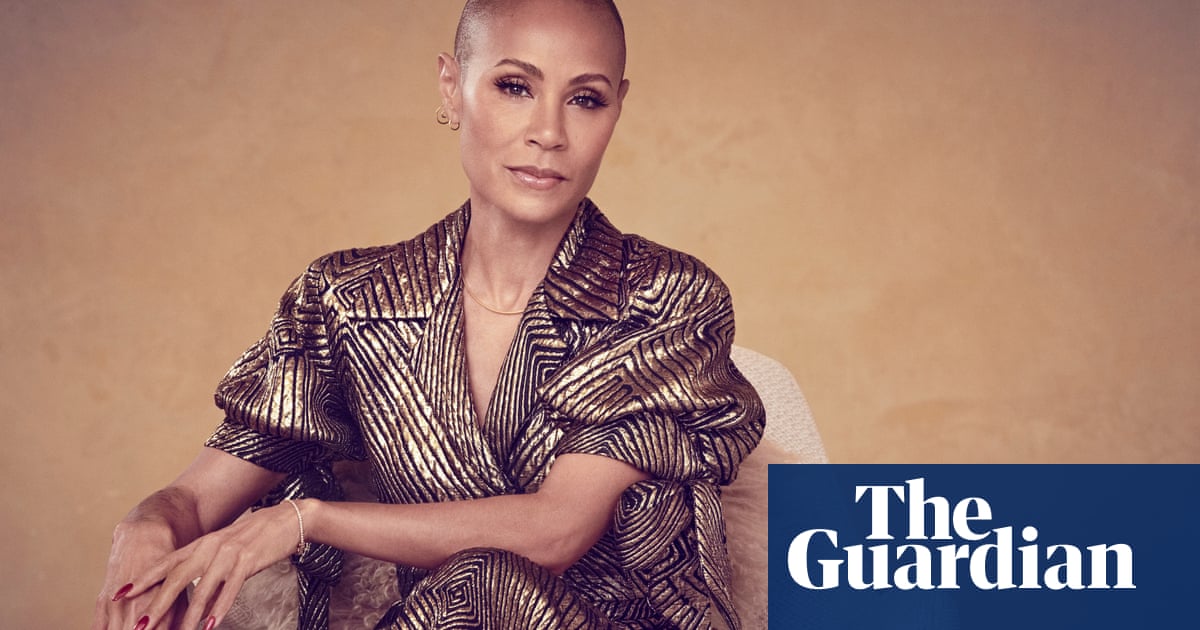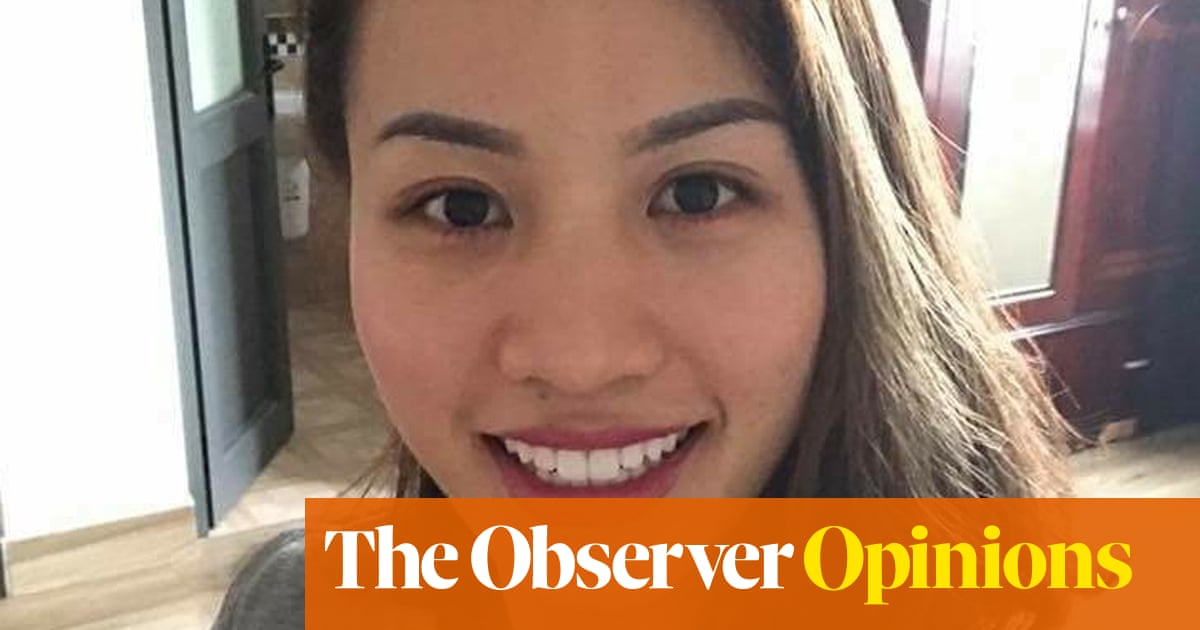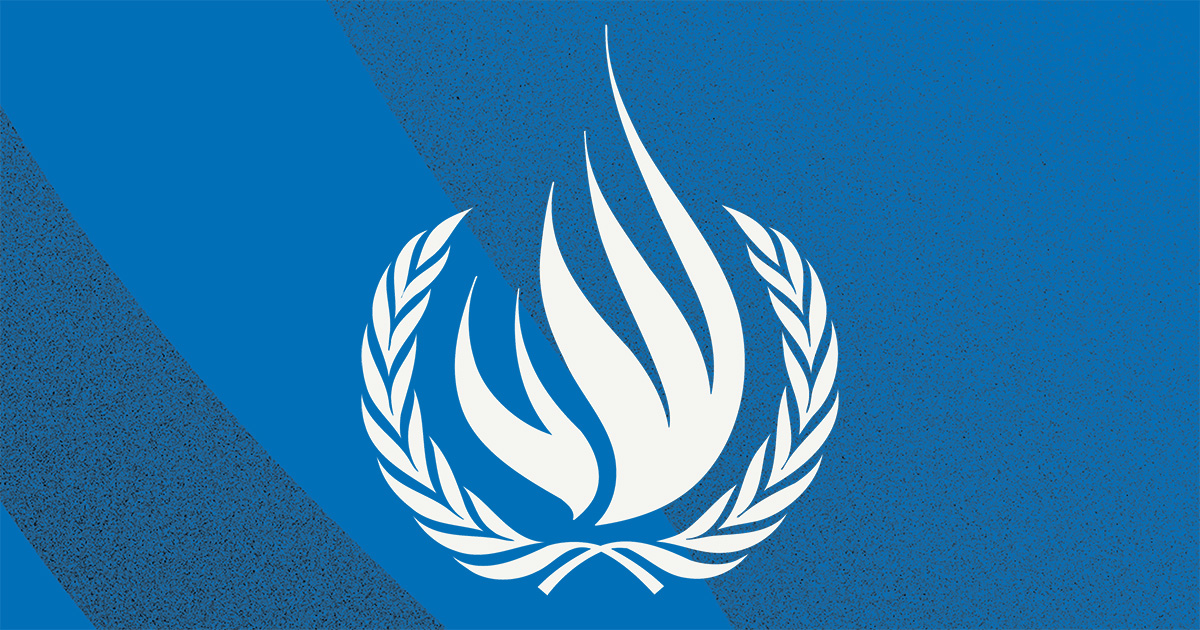
hen Charlene White was small, she dreamed of becoming a courageous, wrong-righting lawyer. That was until she did a week’s work experience at Croydon crown court. “I realised it’s not like it is on the telly. I kept nodding off.” Plan B soon presented itself: “We devoured Trevor McDonald on the news every evening at home, so I thought: actually, maybe journalism is the way I impact the world.”
White is speaking via a video call from a quiet corner of an ITV building. She has just finished recording an episode of Loose Women (referred to only as “Loose” by everyone at ITV), the daytime chatshow for which she was announced as the new main panellist a few weeks ago. Tonight, she will read the news on ITV News London’s evening bulletin. Since joining the channel from the BBC in 2008, she has become a familiar face on ITV’s national news, too, regularly anchoring the flagship Evening News programme. In 2014, she became the first black woman to host News at 10.
It may be considered an unusual move for a seasoned news journalist to join Loose Women. In its 21 years on air, the show has given Peter Andre an insight into the realities of pregnancy by dressing him in a fat suit and rigging him up to a machine to induce the feeling of labour pains; seen Robbie Williams march on set to ask why his wife, the co-presenter Ayda Field, had been faking orgasms; and enlisted Frank Lampard to marry Janet Street-Porter to … herself. But White says that many a hardbitten newshound has confided their passion for the show since she took on the mantle. Robin Elias, a former ITV News managing editor, is one of them. “He and his wife absolutely love it,” she says. “In terms of really catching the tone of the nation, he says, they pitch it really, really well.”
Besides, we all need some relief. “We’ve never had such a busy time in news, with everything happening all across the world, and it’s important to take a breath,” she says. “That’s what Loose Women does, I think; it’s taking a breath.”
It is the day after Joe Biden’s inauguration. White has just spoken powerfully on Loose Women about watching Kamala Harris be sworn in as the vice-president. “When you think about all those stories regarding black women being erased from history, their opinions often ignored,” she said, as fellow panellist Denise Welch wiped away a tear. “This is a woman who you will not be able to ignore.”
Reflecting a few hours later, she is even more impressed by the unique – and rarely recognised – broadcasting opportunity that is Loose Women. “We can talk about the impact of Kamala being VP from a woman’s perspective and then, with me being a black woman, I can talk about her being a woman of colour, at that level. We are the only daytime programme that can do that.”
White, 40, grew up in Lewisham in south-east London with her parents, who emigrated from Jamaica, and her brother and sister. Her mother went to school in Britain; her experiences of racism there made her determined to educate her own children privately. “Because my mum was black and an immigrant, [the teachers] refused to accept that she could be anything other than a secretary,” says White. In fact, her mother become a social worker, while her father was a postman, a driving instructor and other things, having also served in the RAF. “I’ve never known my dad to just work one job,” she says. “They did five or six jobs between them in order to send us to school.”
Private school did not protect five-year-old White from racism. “Within my first week, one kid told me to go back to where I came from and another kid said I was so black I looked like poo.” But it did mean her parents had a customer’s leverage to complain and be taken seriously. “My mum hit the roof. She went straight in to the headmistress. There was an assembly about acceptance of different people not that long after it.”
Her education shaped White’s professional life in other, less predictable, ways. She speaks with clarity, in an accent that is identifiably “London”, but neither particularly plummy nor particularly cockney. “To a lot of the local state school kids, we ‘spoke white’. I can’t even begin to tell you the number of times that I was called a Bounty.”
When she became a broadcaster, she recognised the extent to which these preconceptions had been shaped by television: “The images that we were shown of black people back then were in a very narrow vein.” She had an opportunity to broaden them, she realised, by being herself. “So, if I’m doing an interview with you, or if I’ve got Boris Johnson in the seat, the way I’m talking is the same way that I would talk to my managers, the same way I talk to my sister on the phone. I’ve chosen not to change that, because I just want to be authentically me.”
Earlier in her career, this conversational, everywoman approach to news broadcasting received pushback from senior colleagues. In 2007, White had just moved from a job in London, reporting for BBC Radio 1’s Newsbeat and Radio 1Xtra, to BBC regional news in Norwich. “The journalist with whom I laid my voice down for a piece said to me: ‘You’re going to have to re-record that; that’s not how we talk at the BBC.’” White responded in the same politely assertive tone that she uses to dispatch Twitter trolls. “I said: ‘Well, I’ve had a five-year career at the BBC and I’m still here, so I think it’s fine.’”
White’s inclusive approach to broadcasting is a matter of vocabulary as well as accent. She invests a lot of time in writing and rewriting scripts so they sound more conversational. “I think there’s a whole sector of society that’s been made to feel as though they don’t deserve to be involved in the conversation when it comes to current affairs, because of the way that people use words.” Still, it takes an unusual amount of confidence to do things differently – especially within the rigid confines of news broadcasting. “My aunt was a teacher, my mum was a social worker; they were all about fighting for their place in the world and also fighting for others,” she says. “They made me feel as though, whatever space I was in, I deserved to be there.”
White was 21 and only starting out in her career when her mother died from bowel cancer. “She was 47, which feels really weird to say, now that I’m in my 40s. When you’re a kid, it feels like it’s really far away. And then you realise …” She is a patron of Bowel Cancer UK and wants to encourage people to let go of shame and squeamishness that can prevent potentially life-saving conversations. “If people are embarrassed, they don’t go to the doctor when there’s a change in their bowel movements – or don’t even notice. Cancers like this, if you spot them early, then your life expectancy is good … I have no airs and graces when it comes to talking about poo. I literally don’t care. We all do it!”
Is there any tension between her ideal of being, as she puts it, “authentically me” and Ofcom’s principle that news should be covered with “due impartiality”? “Legally, I have to be impartial, but there are some things that I don’t believe you can be impartial with. Like where racism is concerned. There is no impartiality.”
In fact, the only time White ran into any trouble in this area was when her steadfast adherence to impartiality was – apparently – the problem. Like Channel 4’s Jon Snow and the BBC’s John Simpson, she does not wear a Remembrance Day poppy on air. “I am uncomfortable with one charity having extra prominence compared with others,” she says. Off-screen, White is a dedicated supporter of the Poppy Appeal. “It’s a charity that I regularly donate to; I come from a forces family.” In addition to her dad’s time in the RAF, her uncle served in the army. Choosing not to wear a poppy because she wants to remain impartial does not mean that she does not support British troops, she says. “Nothing could be further from the truth.”
Still, each November, she is subjected to a torrent of racist and sexist abuse online. Talking about the first time she experienced it, in 2013, brings up emotion. “It hurt,” she says. “By that point, I’d grown up with a lot of racist stuff that sort of bubbles under the surface. Overt racism I hadn’t had in a really long time. What surprised me … I still get upset about it now …” She pauses. “What surprised me is that it upset me. I didn’t think that stuff could affect me any more, but the kinds of things that were being said, and the magnitude – we’re talking, like, thousands of messages. And I just didn’t understand where it came from.”
She later discovered that “somebody who was affiliated with a racist organisation posted on Facebook that there was a black presenter in London who was disgraceful and doesn’t wear a poppy”. It was an orchestrated attack.
White takes comfort in how supported she felt, by ITV and by most viewers. “I had some really lovely letters from elderly vets, people who were serving, and from the Royal British Legion. People were incredibly kind.”
The experience made her proud to work at ITV. “I have always thought that it was my natural home. It just seemed a little bit less …” She searches for the right word. “Fuddy-duddy?”
Is there implied criticism of the BBC here? “Well, I think, when the BBC has looked at how many black staff have moved on elsewhere, it is a high percentage … I don’t work there any more, so I’m not really au fait with their protocols. But I will always maintain, and I don’t mind saying, that I became the first black woman to present ITV News at 10 in 2014, and I don’t think that would have happened had I stayed at the BBC.”
When Diversity’s BLM-themed dance on Britain’s Got Talent in September received about 25,000 complaints, ITV took out a full-page advert in every national newspaper expressing solidarity. White says she felt “very, very proud to work for a network that did that”.
White tells me about that historic night on News at 10. “Julie Etchingham gave me a ton of advice … Michael, who works in graphics, came in with a stills camera, so he could document that day for me, and printed off the pictures, one of which hangs in my house. Mark Austin talked through everything with me to make sure I was OK.” White is often keen to highlight the team effort. It is cheering, I say, to see an example of someone who has not felt it necessary to elbow everyone else out the way to achieve success. “I’m a Lewisham girl,” she says. “And, as a Lewisham girl, I don’t know any different.”












